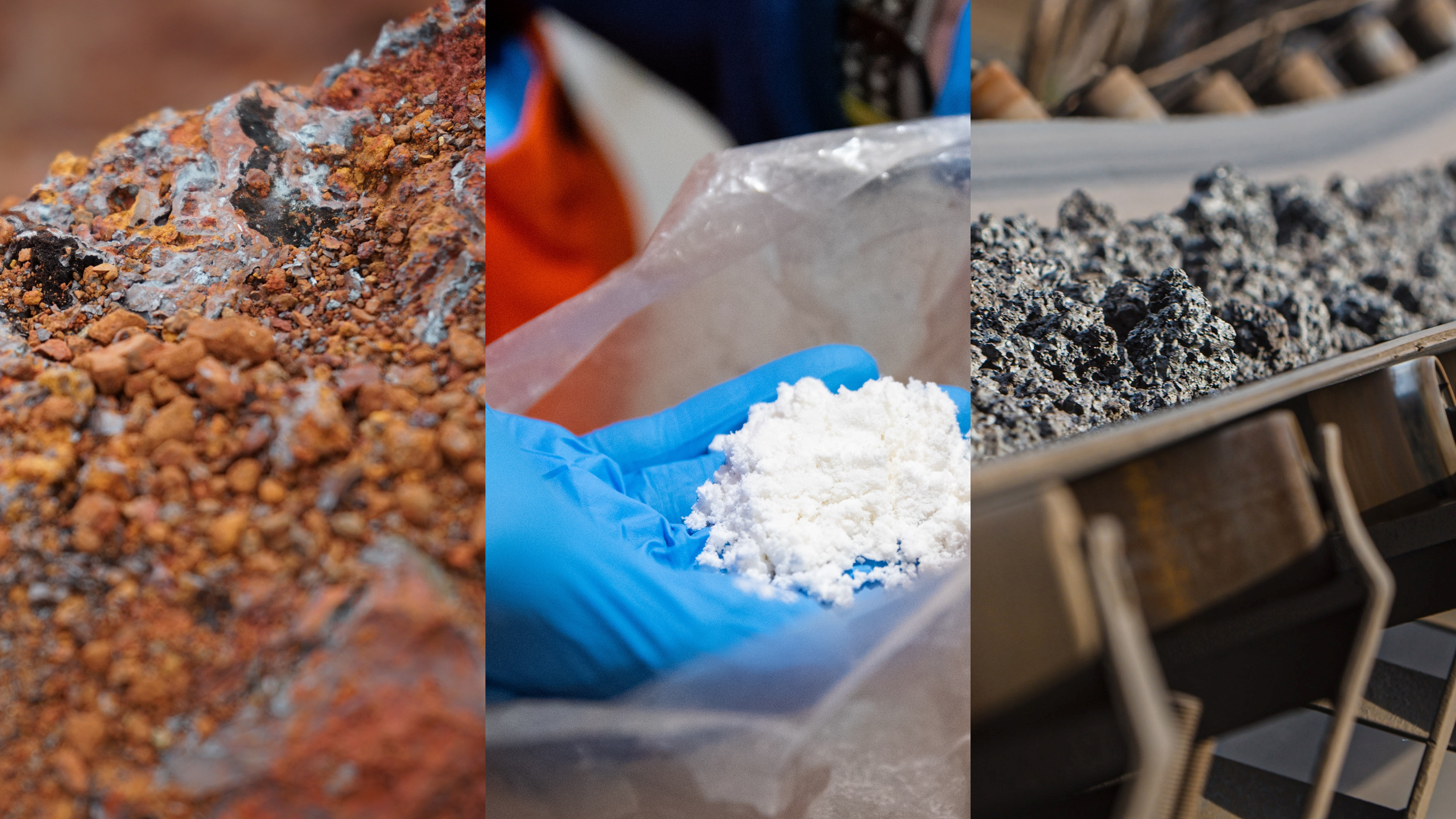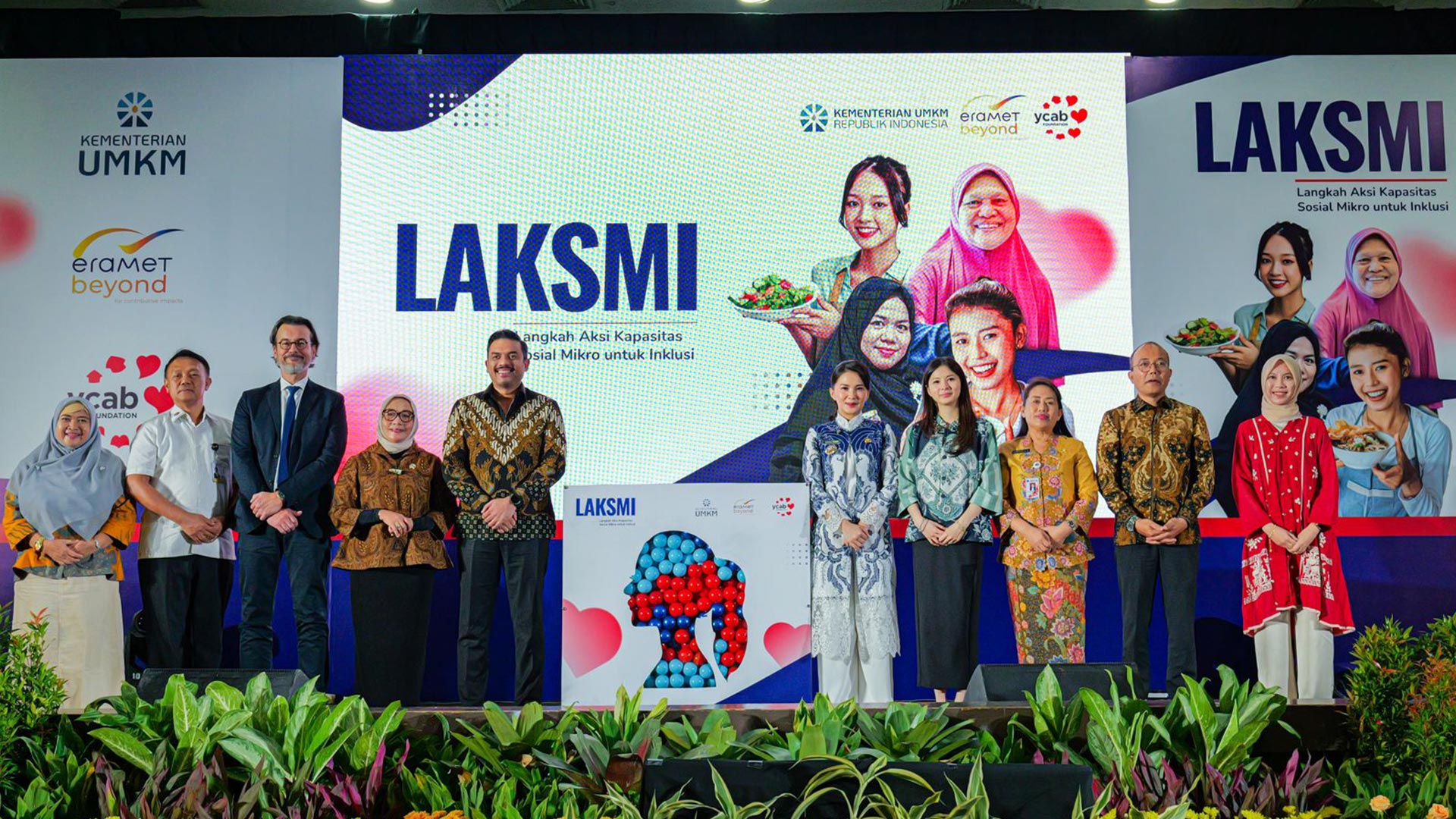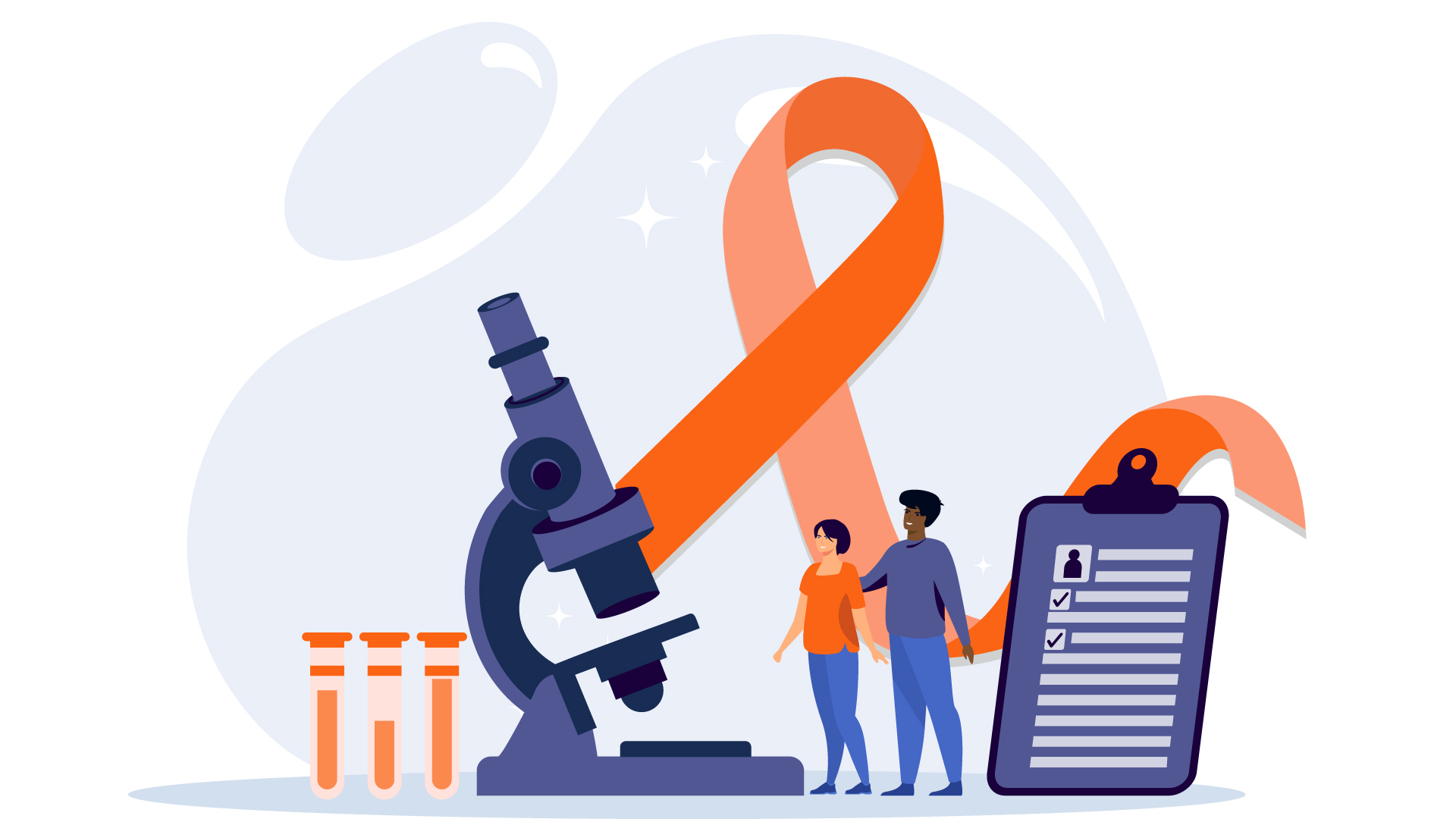Since the beginning of 2021, the European Commission has been reviewing its sustainable finance policy framework – a strategy in which mining is going to play an essential part, contends Eramet.
There is no such thing as a world “without” metals. They are to be found in the batteries of our smartphones and computers; they are also in airplanes, ships and trains, as well as in the medical instruments that are used every day in our hospitals. Metals are part of our daily lives – and will be increasingly important in the years to come, as the energy transition gathers pace.
Why? Because in order to make the switch from fossil fuels, and build wind turbines, solar panels, and electric vehicles, we need nickel, cobalt, and lithium – i.e. the metals that make the energy transition possible.
The European Commission launched its Action Plan on Sustainable Finance in 2018. One of the flagship measures if this plan is the implementation of the green taxonomy, which aims to encourage investors to focus on companies that contribute to the European Union’s sustainable development objectives, particularly when it comes to the environment and climate change.
“Discussions are underway to determine the sectors of activity that will be covered by this legislation, and which will thus be prioritized by future investors,” says Amélie Serey, Institutional Relations Manager for France and Europe at Eramet. “To date, extractive mining activities have not been considered as a priority in terms of carrying out our energy transition, and thus have not yet been a focus of these discussions, unlike the aeronautics or automotive industries. However, we are links in the same chain: mining upstream; aeronautics and automotive downstream. Because there is one reality that cannot be ignored: metals are a key component of all the solutions needed to decarbonize our economy.”
Excluding mining from the picture thus undermines the entire industrial system, because as Virginie de Chassey, Director of Sustainable Development and Corporate Responsibility at Eramet points out: “As a result of the energy transition, global demand for nickel is going to double by 2030; it will triple for cobalt and increase eightfold for lithium!”
Déjà positionné sur ces métaux, Eramet a donc un rôle majeur à jouer : « Il n’existe pas de ressource conséquente sur le sol européen, » rappelle Amélie Serey. « Le meilleur moyen pour l’Europe de sécuriser durablement son approvisionnement en matières premières critiques est donc de soutenir des projets hors de son territoire mais portés par des acteurs miniers européens et développés dans le cadre des standards RSE européens. »
Eramet has already made a concrete commitment to sustainable development with the development of new mining and refining projects that meet the highest social and environmental standards: recycling projects such as ReLieVe, and a host of decarbonization projects at our sites; our efforts in this regard have been recognized by the SBTi.





